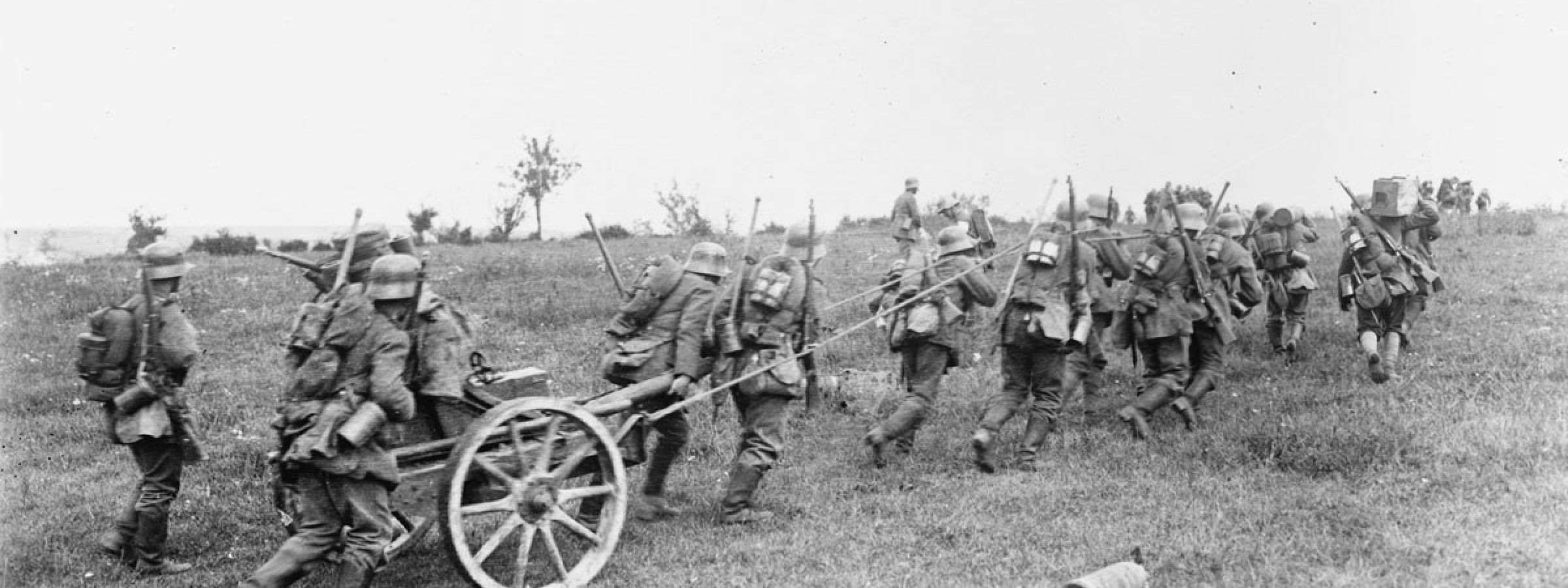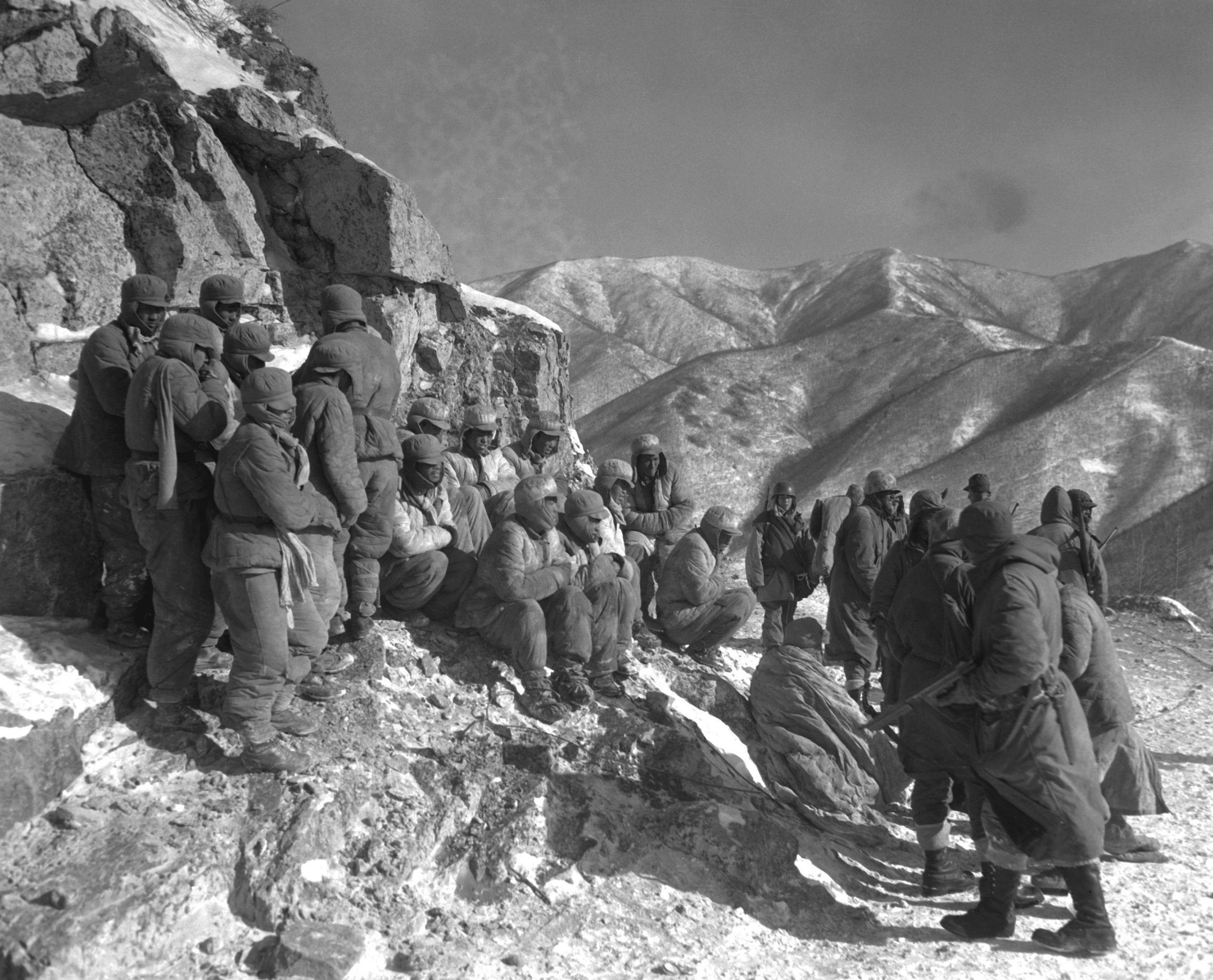Organizational learning is an important component of military success. The German military adapted its small unit tactics to trench warfare, but its failure to thoroughly ask if attacking was the best way to destroy the Entente’s armies or if that should be their goal at all combined with other factors to lead them to failure. Militaries that follow the German example and focus on method optimization while neglecting method selection and goal selection will be able to adapt and succeed at the tactical level, but will often be unable to translate that into broader successes.
#Reviewing Learning War
This is an important study that dramatically advances our understanding of innovation and the importance of non-technological factors, particularly the development of learning systems, in successful innovation. It will be of use to scholars of both innovation and the U.S. Navy, as well as those with a general interest in those subjects.
Failure to Communicate: U.S. Intelligence Structure and the Korean War
Intelligence at all levels is an art form. Sources, corroborating or contradicting information, unknowns, and delays in time all result in varied levels of analytical confidence. Information coming from different means, methods, and areas requires a functioning structure to ensure senior national leaders have the best information to make the decisions. While strategic intelligence drives operations and national goals, military decision-makers—especially in combat zones—rely on tactical intelligence to help win battles. For the Department of the Navy, “tactical intelligence support is the primary focus of naval intelligence.”[1] Marine Corps intelligence also focuses almost exclusively on the tactical level to support Marine Expeditionary Force (MEF) maneuvers since tactical intelligence is, “the level of intelligence Marines need, generate, and use most often.” When strategic missteps occur, tactical intelligence can provide a needed capability to keep front-line forces winning, creating breathing room for new strategic plans. A functioning intelligence structure encompassing all levels of intelligence is needed to enact this goal.
Social Media in an Army Brigade
One year ago I was hugely fortunate to take command of the Australian Army’s 1st Brigade located in Darwin, at the top end of Australia. It is a formation with a proud history stretching back to its service throughout the Gallipoli campaign, both World Wars, Vietnam and in the contemporary struggles in Iraq and Afghanistan.





